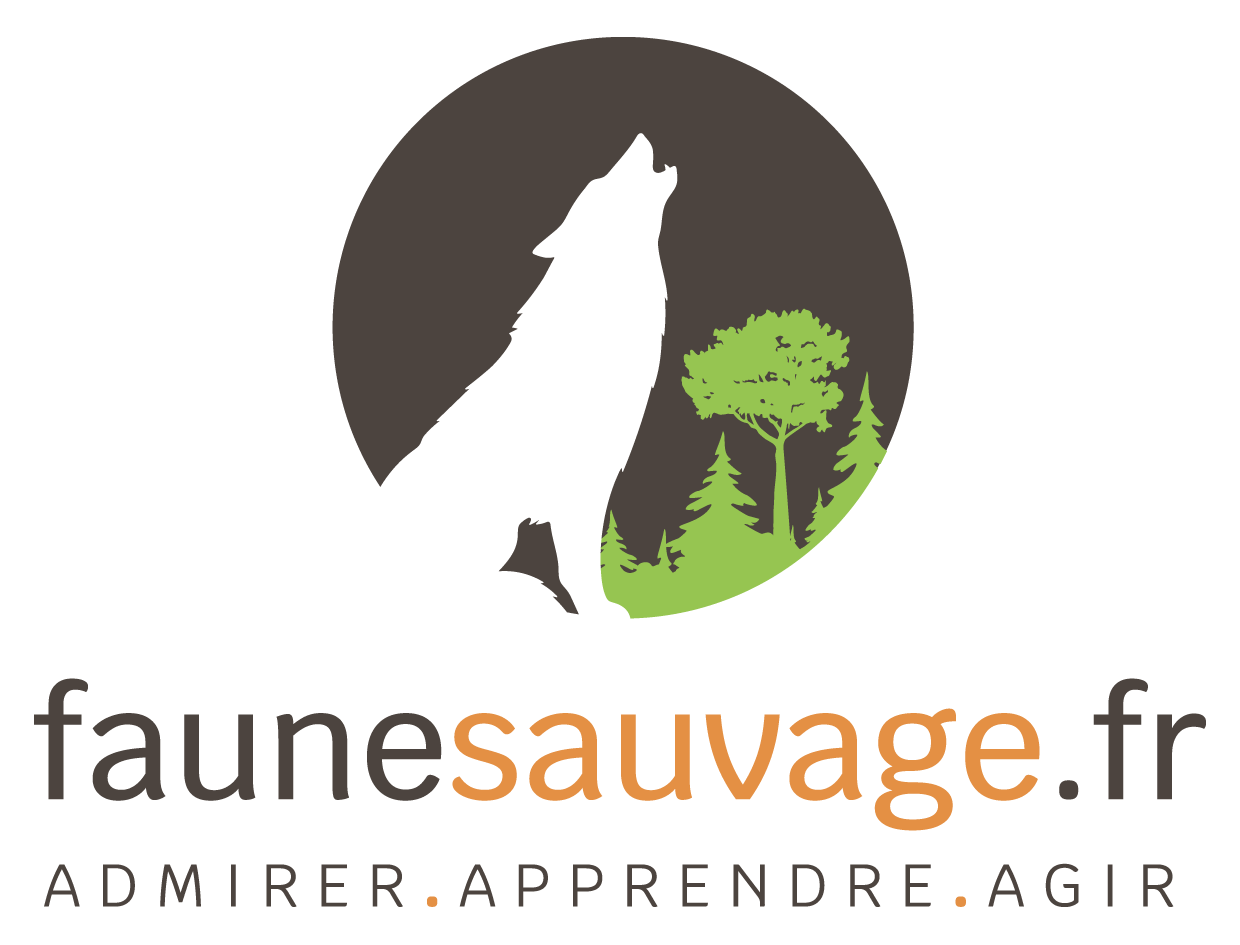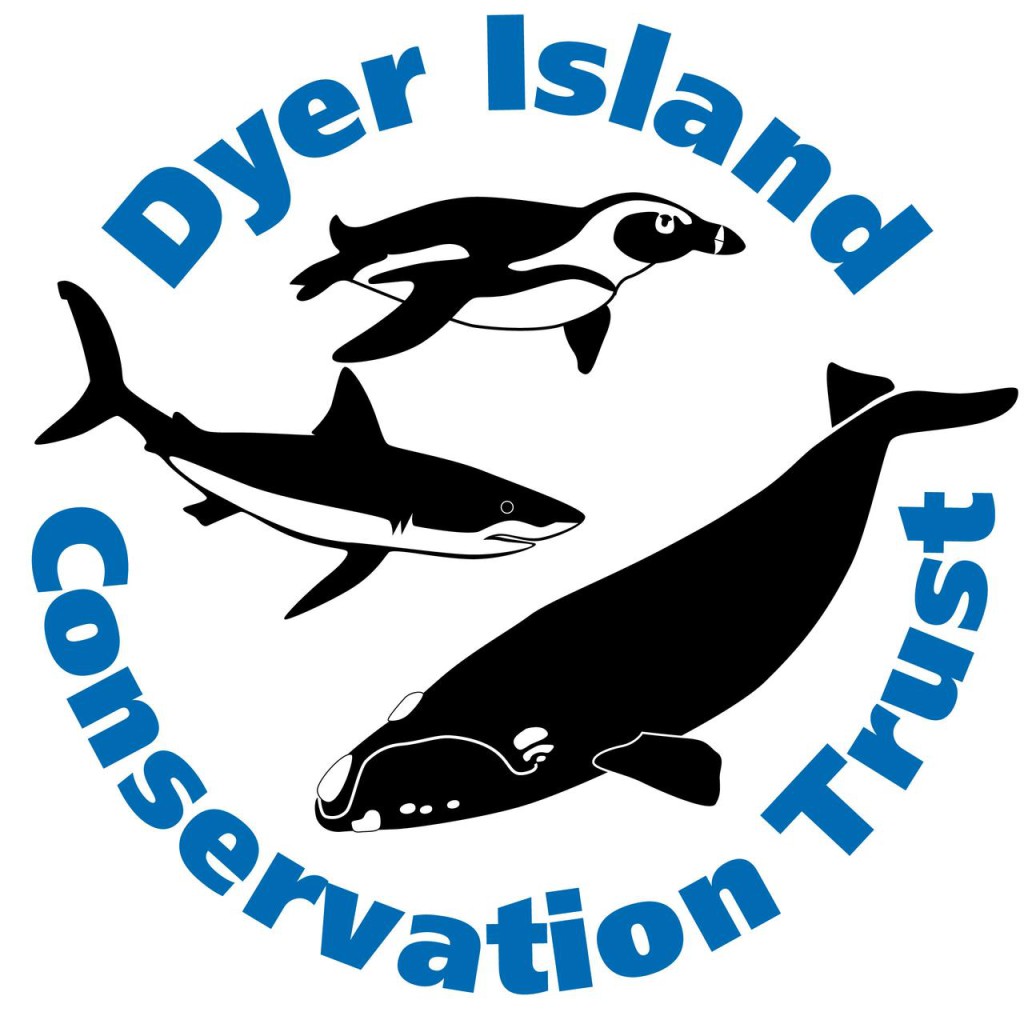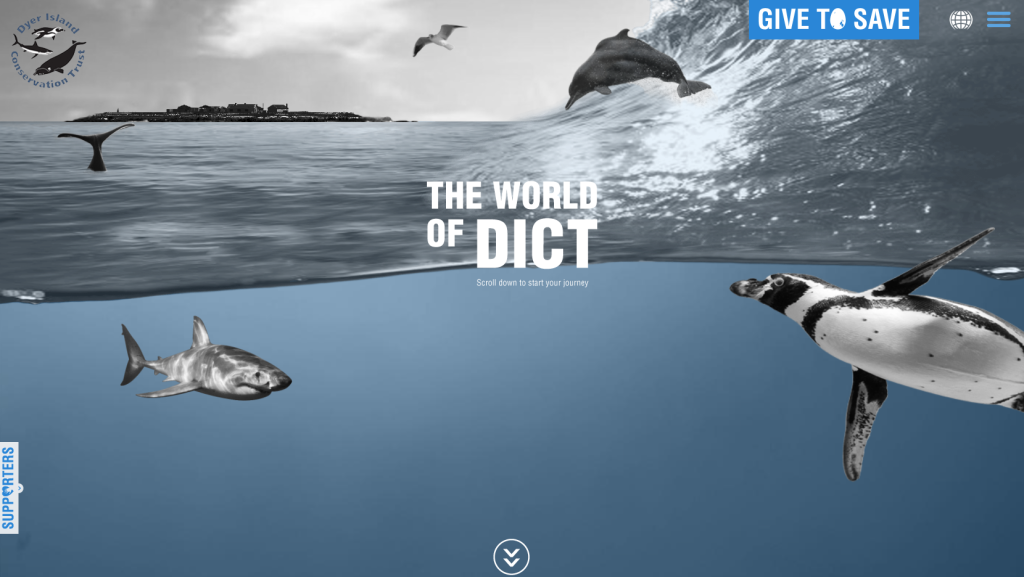Cette structure Sud-Africaine protège les grand requins blancs, les manchots du Cap, les dauphins ainsi que les oiseaux de mer
HISTORY OF THE TRUST
Founded in 2006 by Wilfred Chivell, the Dyer Island Conservation Trust delivers unique conservation and research programmes in a fragile marine and critically important marine eco-system. We strive to protect the largest surviving colonies of the endangered African Penguin whose numbers are at an all-time low; the globally important breeding and calving grounds of the Southern Right Whale; and the world's densest populations of the vulnerable Great White Shark.
OUR MISSION
Discover and understand this globally important marine eco-system through world-class scientific research.
Protect the long-term future of the species that live here by translating this knowledge into evidence-based conservation initiatives.
Educate our partners – local communities, legislators and visitors – by informing and actively involving them in achieving our goals for the benefit of all.
DYER ISLAND ECOSYSTEM
Close to the southern tip of Africa, the greater Dyer Island area and the surrounding ocean is a critically important eco-system.
The 20ha Dyer Island - managed by CapeNature - is home to breeding colonies of the endangered African Penguin, Cape Cormorant (60% of the population) and Caspian Tern, as well as other seabirds. Its importance is recognised by Birdlife International and classified an Important Bird Area (IBA)
About 60 000 Cape Fur Seals are resident on Geyser Rock opposite the island and they attract the densest population of Great While Sharks in the world.
Around the island the waters of Kleinbaai in Gansbaai provide the breeding ground for the Southern Right Whales who migrate here from the sub-Antarctic islands between July to December each year while Brydes Whales, Humpback Whales and Orcas visit the bay along with various dolphin species.


